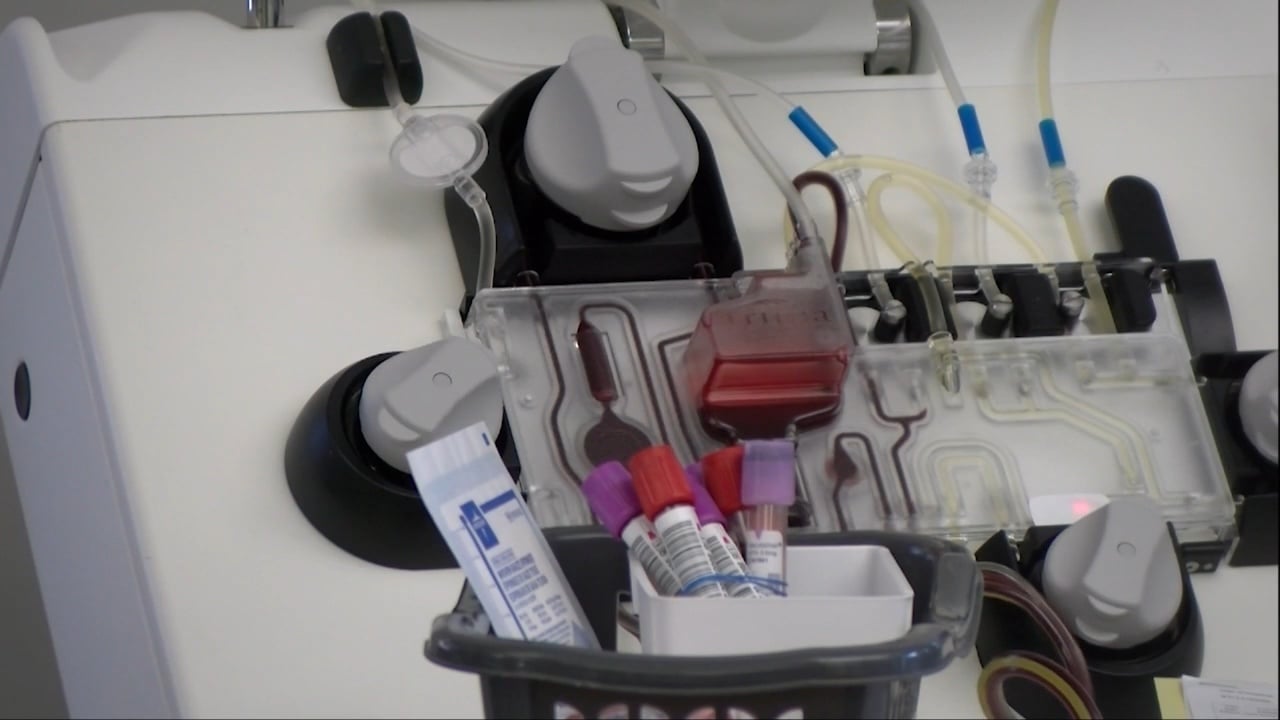Blood
Major changes coming to blood donation requirements
PROVIDENCE, R.I. — (WLNE) Major changes for who can donate blood as clinics across the country alter their donation policy to allow more gay men to give.
The changes come after the federal food and drug administration updated its policy earlier this year.
Starting this week, Red Cross donation centers across the country are changing the way they determine eligibility for blood donation.
Previously, the FDA only allowed donations from men who have sex with men if they hadn’t had sex with other men for three months.
“So now, every donor that comes into a Red Cross blood drive will be asked the same questions regardless of gender or sexual orientation,” said Jocelyn Hillard the Red Cross regional communication director.
Here in Rhode Island, groups like the Rhode Island Blood Center are hopeful this could help with ongoing blood shortages.
“We are optimistic that more people will be able to have the opportunity, so in theory, that should mean that more people will be able to donate. You know, there’s a stat out there that says that if every person that is eligible to donate at least once a year donates, they will help us end blood shortages in this country.” says Caitlin Grimaldi-Flick with the RIBC.
Both Grimaldi-Flick and Hillard agreed it’s too early to say if adding these populations will make a difference, but even if it doesn’t, they said it’s a step in the right direction.
“We have no data to indicate that the elimination of the FDA’s previous policy restricting gay and bisexual men from giving blood will contribute to an increase in blood availability,” Hillard explained.
“Regardless of whether a change in policy results in an increase in donations, our goal is inclusivity, and our goal is to have a reliable and healthy blood supply for those who need it,” Hillard concluded.
The Red Cross put the new policy in place on August 7, and the RIBC says it’s hopeful to have staff trained and all of their work updated by the end of the year.
“I will encourage, if you’re part of this population, and are looking forward to these changes, give us a call. They can point you in the right direction of a person to talk to. We want to hear from you, and we want to make sure we’re doing this right,” Grimaldi-Flick said.

